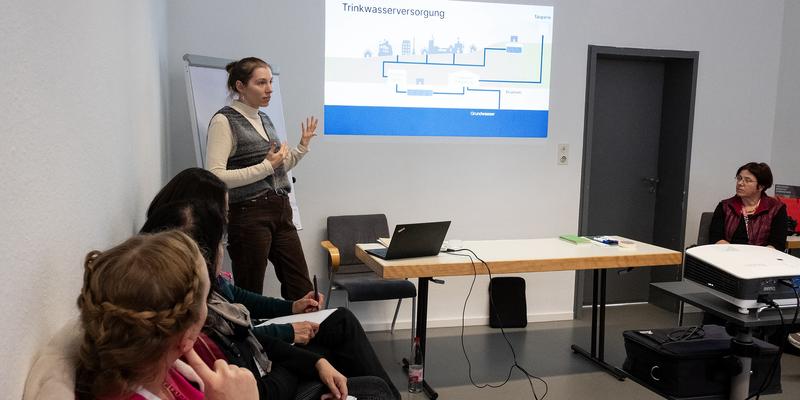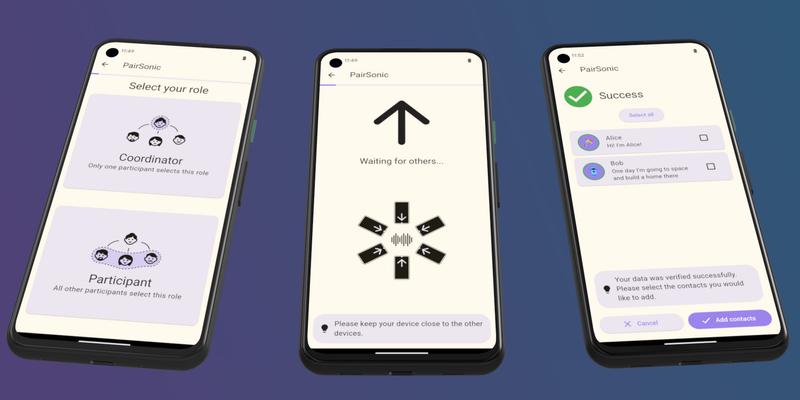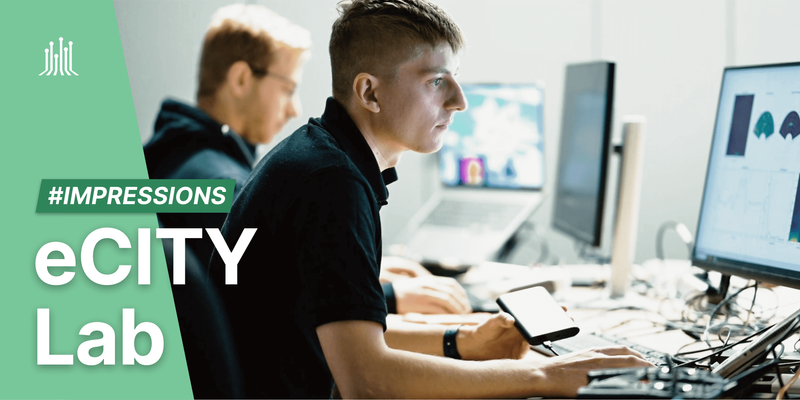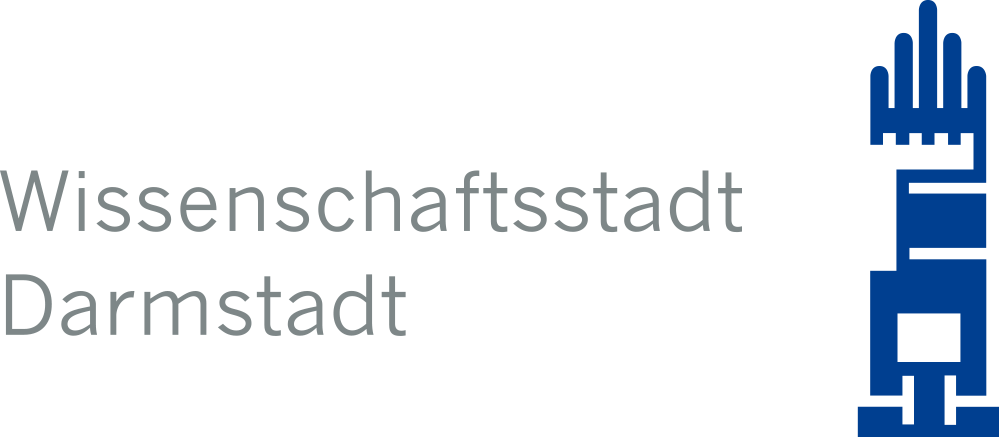Mission ReSON
What happens when a crisis occurs - an earthquake, a flood or a terrorist attack - and information and communication technology (ICT) is limited as a result? How can citizens in urban neighborhoods communicate, coordinate and self-organize in such a scenario? Our team deals with social and technological challenges in crisis scenarios and digital self-organization. The interdisciplinary team consists of researchers from history, law, political science, engineering and computer science, including human-computer interaction.
Contact Us
Supporting a resilient digital urban society is not only a technological challenge but depends heavily on the willingness of the population to participate in the solution and to organize themselves at the municipal level. While this was an analogue process in the past, people now use collaboration or messenger apps. The mission explores how citizens can communicate and collaborate in their neighborhood in everyday life and in times of crisis. Through decentralized ad-hoc connectivity and disruption-tolerant networking (DTN), physical movements are used to better deal with ICT failures and interrupted connectivity. The project is demonstrated by a research platform in the form of a practical app.
Research Question
How can a digital infrastructure enable citizens of an urban neighborhood to organize themselves in everyday life in order to continue using these learned communication channels in the event of a crisis? How can we design this digital infrastructure to be resilient, secure and usable in the face of ICT failures?
Program Areas in the Mission
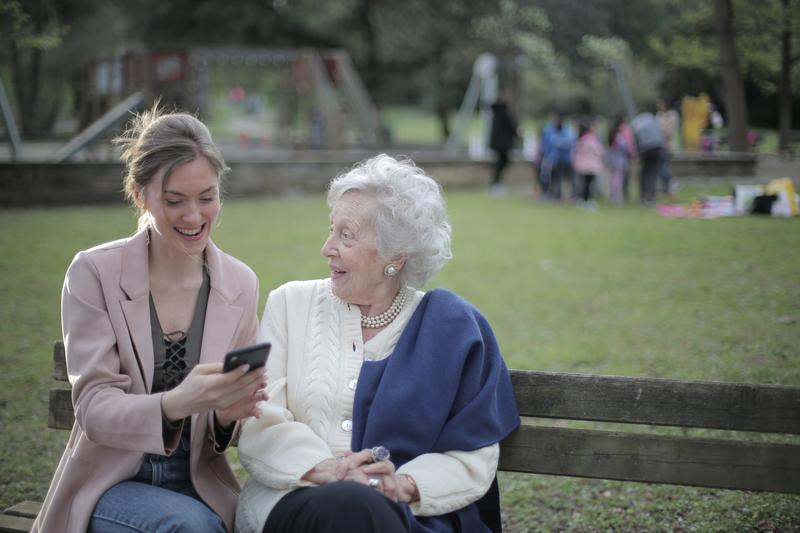
City and Society (SG)
To understand crisis behavior, we look at how historical and current forms of volunteering affect future crises. The potential for digital self-organization and participation needs to be supported by trust and security. Urban crisis governance needs to focus on coordination that enables citizens to participate in crisis management. Our research focus is on preparedness for a crisis, trust, mechanisms of self-organization and the impact of ICT failure on digital societies.
Team: Michèle Knodt Christian Reuter Gerrit Hornung Jens Ivo Engels Eva Platzer Jan-Philipp Muttach Katharina Kleinschnitger Nadja Thiessen Steffen Haesler
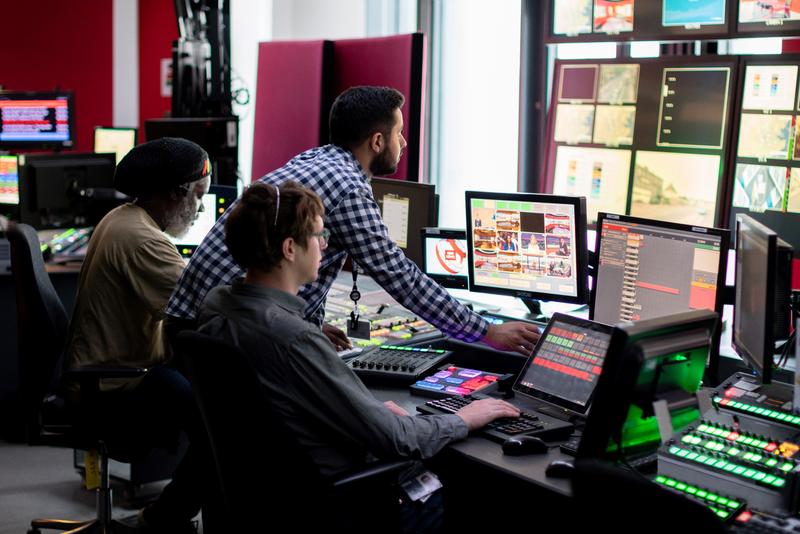
Information (INF)
Citizens are already organizing themselves digitally in crises, e.g., in spontaneous help groups on social media. It, therefore, makes sense to support this process with suitable tools. An app that enables communication during internet outages creates new requirements for user interactions beyond the online-offline dualism.
Team: Christian Reuter Mira Mezini Lars Baumgärtner Ragnar Mogk Steffen Haesler
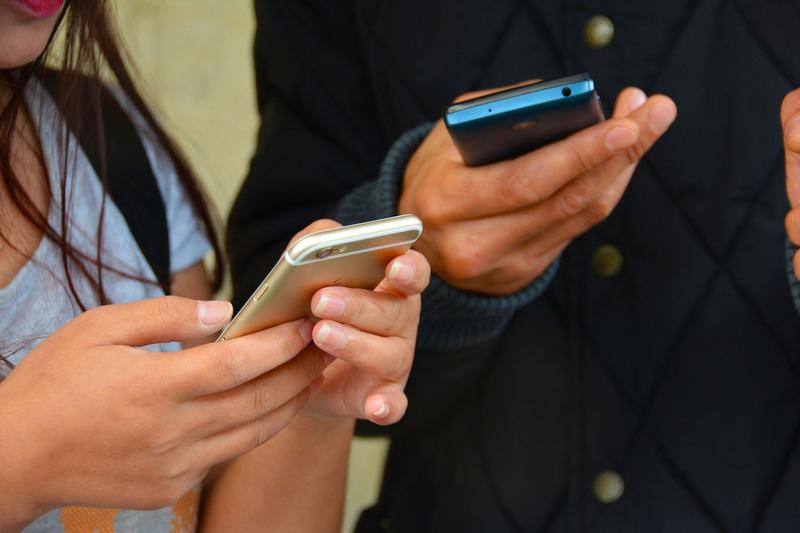
Communication (KOM")
In order to meet the dynamic requirements of self-organization, resilient communication channels are being investigated that function without a central infrastructure but are nevertheless ready for use at any given time - even spontaneously if necessary. One research focus is on the reliable assignment of real persons to digital identities within the app to enable trustworthy communication even in the case of digital neighborly help.

Cyber-Physical Systems (CPS)
If the power and water supply infrastructure is damaged by a critical event, the supply system is operated at the edge of the stable operating range. Here, additional stress, e.g. through suddenly increased consumption of the resources for building up stocks, can cause the system to collapse. Therefore, the project investigates how citizens can reduce demand and relieve the supply system by resorting to resources from unconventional sources and cooperative sharing of goods.
Team: Peter Pelz Kevin Logan
